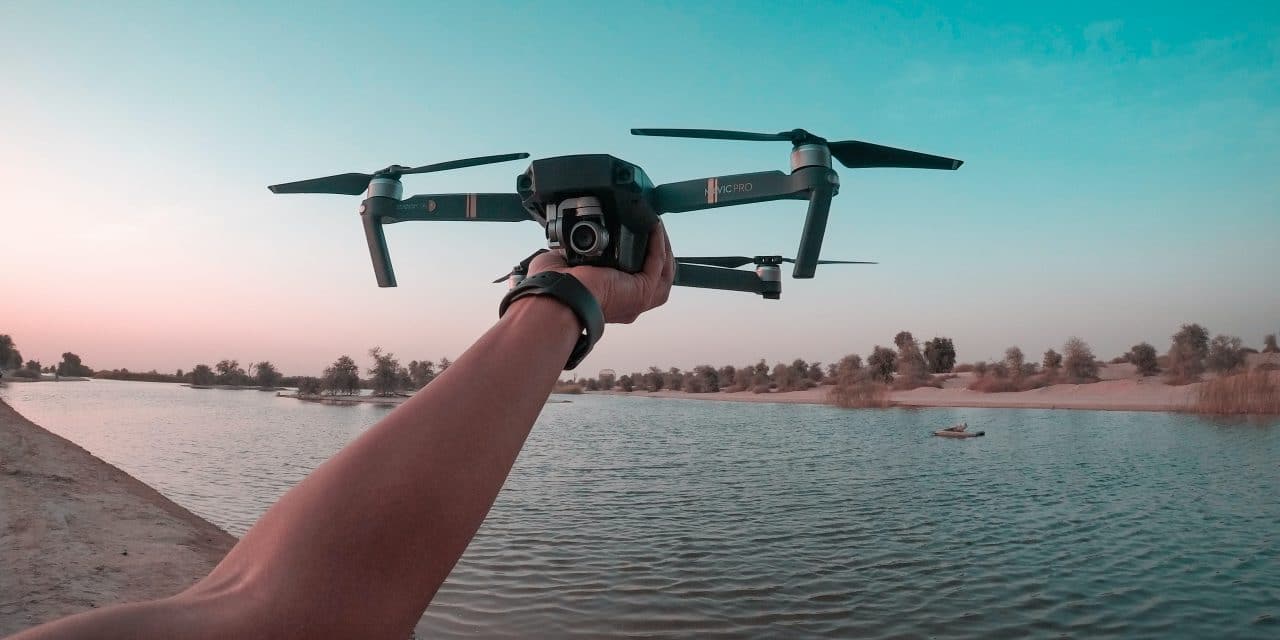Best Telescopes to See Planets: Which One Should You Choose?
For professional photographers seeking the perfect combination of art and science, capturing breathtaking images of celestial bodies is a transcendent experience. With the right tool, specifically a telescope designed to observe planets, you can transform your astrophotography into jaw-dropping visual narratives. In this article, we will dive deep into the world of telescopes and provide you with invaluable insights on the best telescopes to see planets.

Why Invest in the Best Telescopes to See Planets?
As a photographer, you understand the significance of having top-notch equipment. When it comes to capturing the night sky, the best telescopes to see planets can reveal details that would otherwise remain hidden. The moon's craters, Saturn's rings, and Jupiter's Great Red Spot can all be within your reach if you select the right telescope.
Key Features to Consider
Before making your selection, here are some features you should consider:
- Magnification: The higher the magnification, the clearer your view of distant planets. Look for telescopes that offer adjustable magnification options.
- Aperture: A larger aperture allows more light to enter, enhancing clarity and detail in your images.
- Mount Type: Mounts come in various types, including altazimuth and equatorial. Each has advantages depending on how you wish to capture your shots.
- Build Quality: A well-constructed telescope ensures longevity and stability, which is essential for photography.
Top Telescopes for Planet Photography
Now, lets explore the best telescopes to see planets based on our criteria.
1. Celestron AstroMaster 70AZ Telescope
This entry-level telescope is perfect for budding astrophotographers. It boasts a 70mm aperture with a high-quality lens that delivers sharp images of planets and celestial objects. Plus, it's lightweight and easy to set up.
2. Orion SkyQuest XT8 Classic Dobsonian Telescope
For those eager to dive deeper, this telescope offers stunning views with its 8-inch aperture. Its superior optics enable clear observations of distant planets, and its intuitive design makes it beginner-friendly.
3. Meade Instruments Infinity 102mm Telescope
A versatile telescope that provides excellent optics at an affordable price point, the Meade Instruments Infinity is a fantastic option for photographers looking to enhance their planet observation experience without breaking the bank.
Photographing Planets Through a Telescope
Once you choose your telescope, the next step is mastering the craft of planet photography. Paired with your DSLR or mirrorless camera, a telescope can allow you to receive stunning high-resolution images.
Essential Equipment for Astrophotography
Alongside your chosen telescope, consider investing in:
- Adapter: A camera to telescope adapter lets you attach your camera directly to the telescope for precise imaging.
- Tripod: A sturdy tripod enhances stability during long exposure shots.
- Filters: Colored filters can help enhance specific details and improve image quality.
Setting Up Your Telescope for Optimal Shots
Here are some tips to ensure youre getting the best photos:
- Find Dark Skies: Light pollution can greatly affect your results.
- Use a Remote Shutter Release: This minimizes camera vibrations when taking long exposures.
- Practice Star Trails: This can help you learn how to manage tracking and adjustments effectively.
Conclusion: Capturing the Cosmos with the Right Telescope
Investing in the best telescopes to see planets opens up thrilling new avenues for your photography. With the perfect combination of telescope and techniques, you can produce captivating images of the night sky. Whether youre shooting for artistic expression or scientific inquiry, your telescope will be your window to the universe.

Frequently Asked Questions (FAQs)
1. What telescope is best for photography?
The best telescope for photography varies on individual needs; however, the Celestron AstroMaster 70AZ is often recommended for beginners.
2. Can I use a DSLR camera with a telescope?
Yes, using a DSLR camera with an appropriate adapter can help capture incredible images of planets.
3. Do I need a special lens for astrophotography?
While a telescope is essential, certain photographic filters can improve the quality of astrophotography.
For more details on telescope options, check out how to choose a telescope. For additional insights into photography techniques, explore best telescopes for photographers.
By integrating the right gear with your passion for photography, the night is yours to capture. Happy stargazing and photographing!

